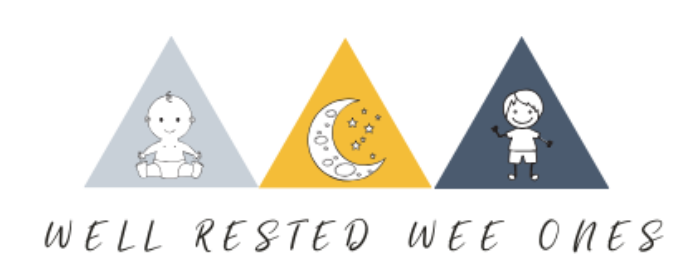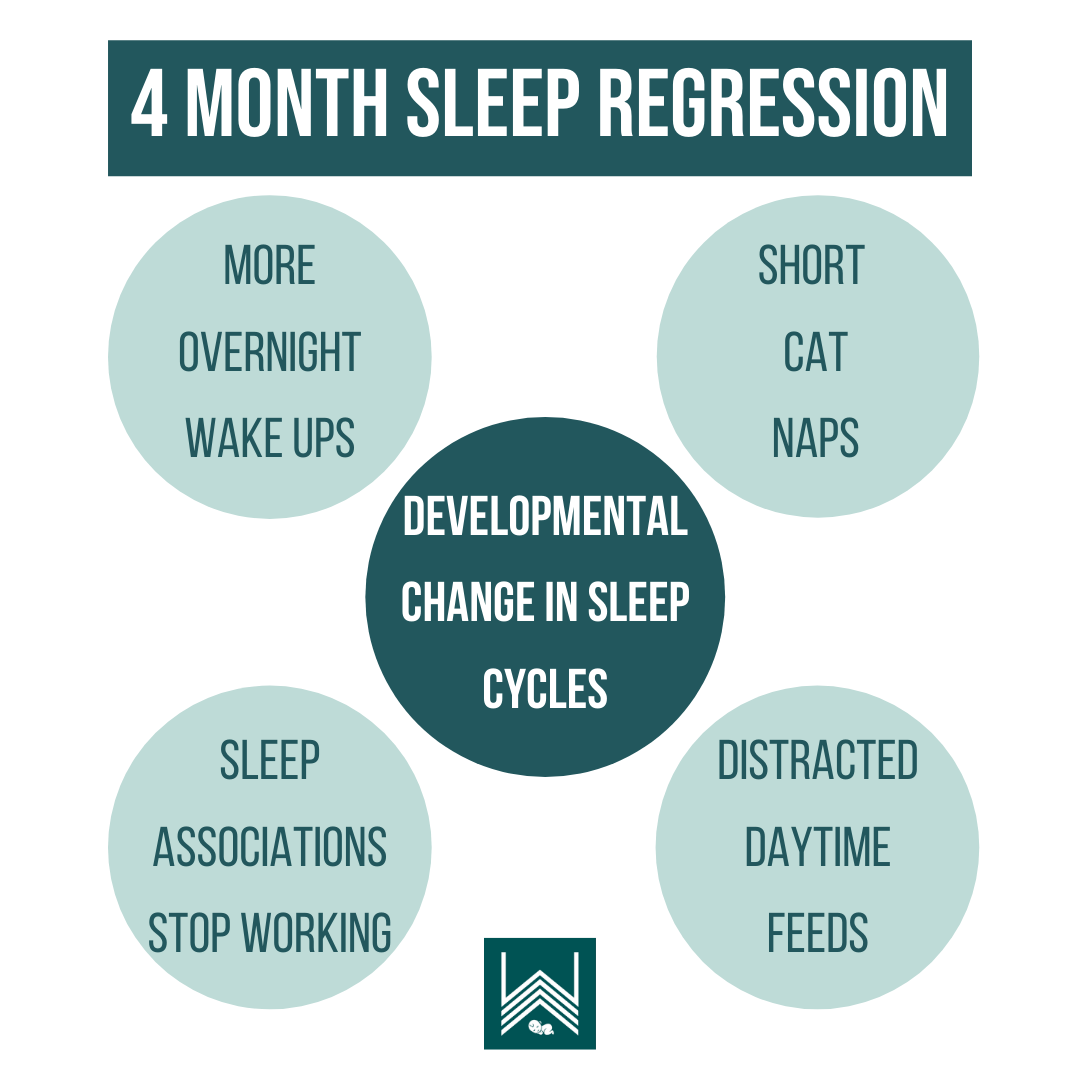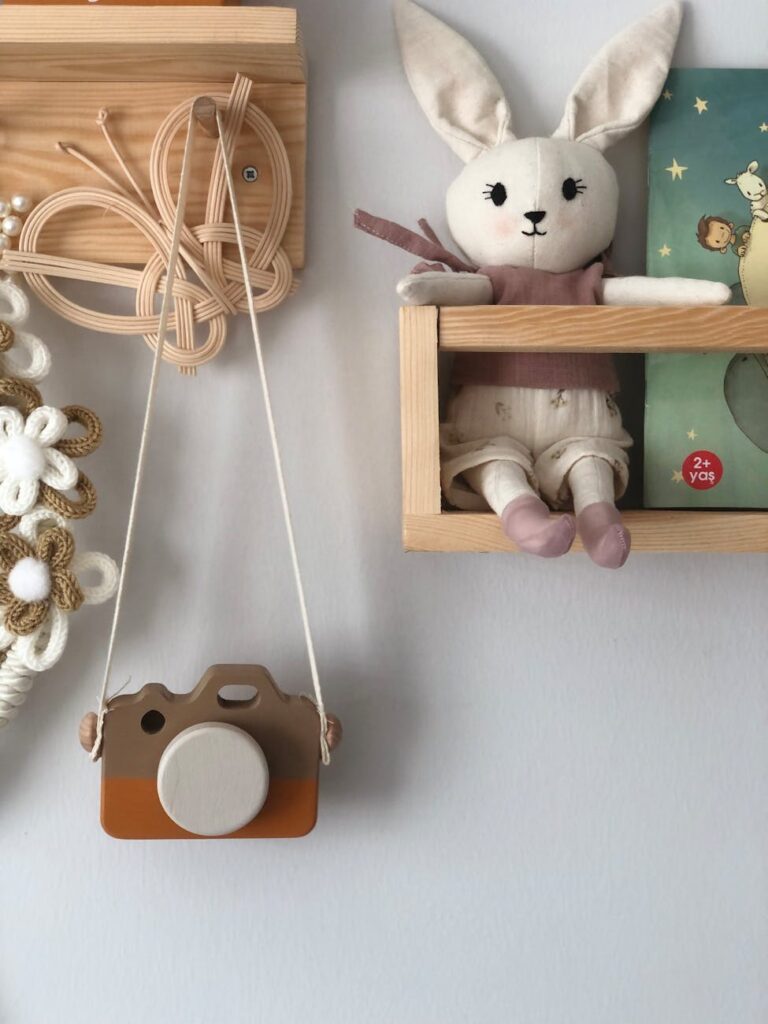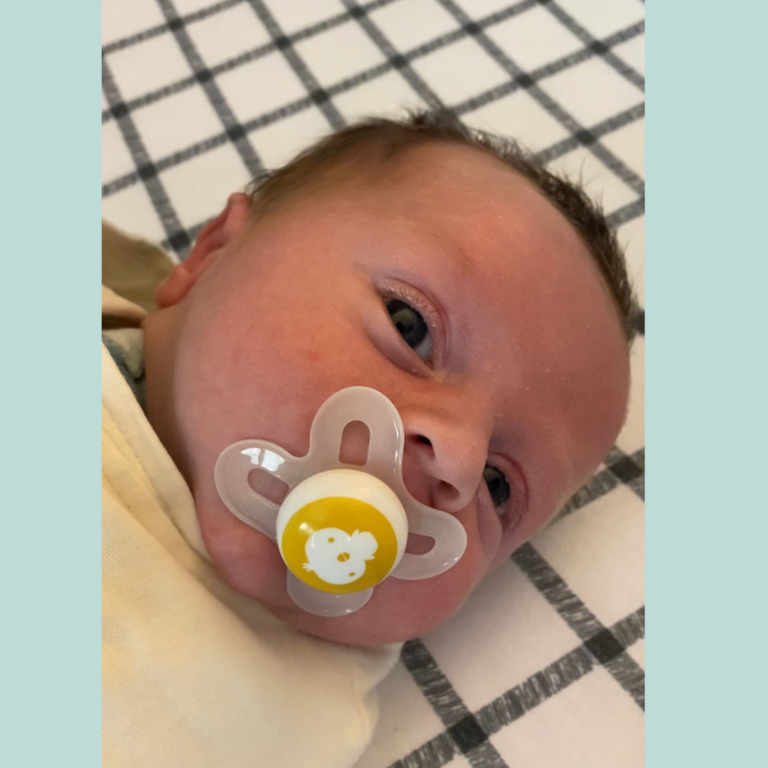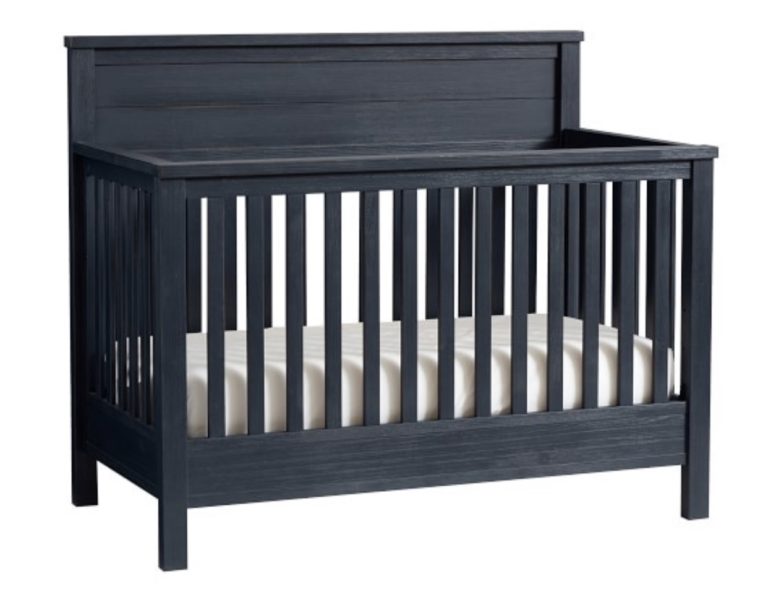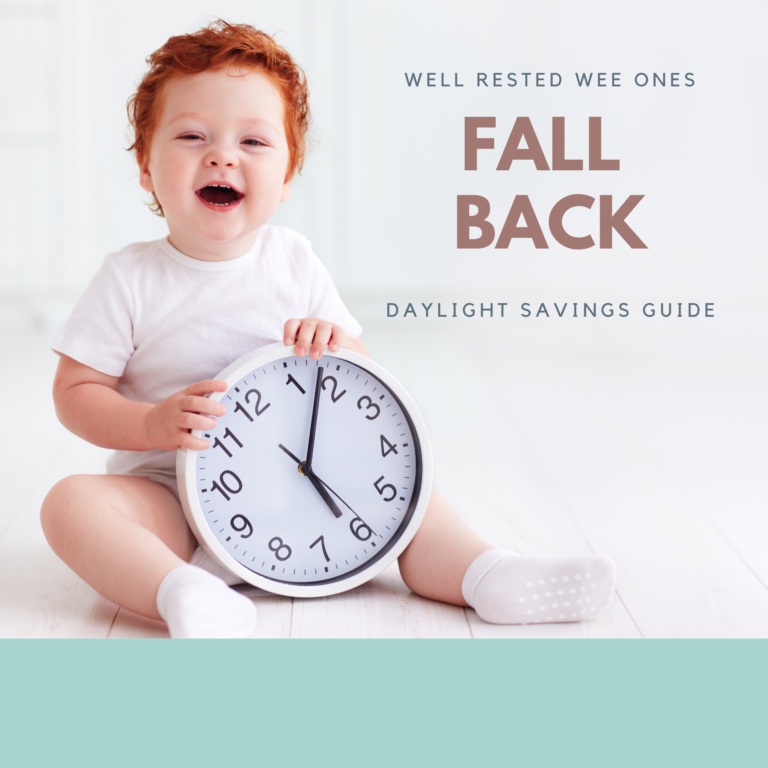4 Month Sleep Regression
The Basics of the 4 month sleep regression
The 4 month sleep regression is the first sleep regression you may encounter and typically occurs between 3-5 months of age.
Prior to this time, your baby may have been sleeping 6 or more hours at night and would fall asleep easily for naps and bedtime. Ahhhh! Sleep!!!
Then, out of nowhere, your baby suddenly starts waking up every 2 hours, struggles to fall asleep, or takes a 20-minute nap.
Families reach out to me EVERY day for sleep support because they thought sleep was going to get better after the 4 month sleep regression, but they’re still waking multiple times overnight and seeing lots of resistance with sleep.
One Very important thing to note is that the 4 Month Sleep Regression is a permanent change and Should Not Last Forever!
What is the 4 month sleep regression?
This sleep “regression” is a period of time where your baby’s sleep patterns transition to becoming more like that of an adult and the circadian rhythm begins to develop.
In addition to these changes, your little one may be achieving some new milestones that can impact sleep.
Prior to 4 months old, your baby had somewhat unorganized sleep patterns allowing them to eat and sleep when and wherever they liked! These unorganized sleep patterns are related to a couple of things.
First, newborns do not produce enough melatonin (sleepy hormone), nor do they produce it consistently at night which leads to the classic newborn sleep cycle, in which they sleep for very short times and at odd hours.
Secondly, newborn sleep cycles are shorter and alternate between deep and active sleep allowing them to fall into a deep sleep much faster than older babies and adults.
As your baby approaches 4 months old, the internal body clock called the circadian rhythm starts to develop as melatonin production regulates allowing her to adapt to a 24-hour cycle.
Grab my FREE 4 Month Nap Schedule Guide HERE!
What are the Signs of the 4 Month Sleep Regression?
- More frequent overnight wake-ups
- Shorter naps that may range from 20-40 minutes
- Fussy
- Distracted daytime feeds
- Increase in hunger overnight due to distracted daytime feeds leading to a reverse cycle feeding pattern overnight
- Rocking, replacing the pacifier, and feeding to sleep may start to take longer or multiple times to get your baby to finally fall asleep
Why does rocking and feeding to sleep start to take so much longer?
Previously, you may have been able to rock or feed your baby for a few minutes before putting her in the crib and she would stay asleep without a peep!
During this transition period, you may try to follow your same routine but your baby wakes and cries as soon as you put them in the crib!
And then the cycle repeats itself. You rock your baby again until they seem to be asleep and lay them in the crib only to have them cry again! This new change is due to your baby being in a lighter stage of sleep as opposed to going straight into a deep sleep as a newborn.
As you continue to rock for longer and longer you may find that your baby starts to protest when you lay them in the crib and the next thing you know you’ve been rocking for an hour or have had multiple failed attempts to transfer to the crib. Rocking becomes the new norm and sleep takes A LOT of effort!
What Should I Do to Help my Baby Sleep?
During this time, your baby needs your help and guidance with sleep and routines. Sleep cycles are changing from newborn sleep (REM to deep sleep to REM) to adult-like sleep (REM to light sleep to deep sleep, to light sleep, to REM).
What this really means is that your baby is spending less time in a deep sleep state and cycles through normal stages of sleep like you or me.
As adults, we briefly wake throughout the night by rolling over or fluffing our pillow before going into the next sleep cycle. If you rolled over and your pillow was gone, you may have trouble falling back asleep.
Your baby is now going through these same stages and will briefly wake during the lighter stages of sleep. If your baby wakes and finds the environment is different than how they fell asleep your baby may cry for your help to fall back to sleep.
An example of this would be when you rock or feed your little one to sleep and then they wake to find they are in the crib, they will cry for you to implement the same routine and environment of feeding or rocking to fall back asleep.
This is the GOLDEN time to work on independent sleep skills and teach your baby to fall asleep without sleep props such as rocking, feeding, or holding to sleep. The pacifier commonly becomes an issue at this age as well.
Babies between 3-6 months are the fastest to adapt to changes in sleep routines and sleep training!
What else can I do to help my baby during the 4 Month Sleep Regression?
- Start a consistent bedtime and nap time routine to wind down for sleep
- Make the room as dark as possible for sleep at night and during the day-I recommend Sleepout Blackout curtains. 10% off code: wellrested
- Avoid reintroducing more feeds overnight to promote full feeds during the day
- Practice sleeping in the crib
- Transition away from sleep associations such as replacing the pacifier, rocking to sleep, and feeding to sleep
- Transition out of the swaddle if you haven’t already!
- Work on age appropriate wake windows and and earlier bedtime. Get my FREE 4 month nap schedule guide HERE!
What resources do you have to help me through this time?
The 4 month sleep regression SHOULD NOT Last Forever! If you’re struggling with multiple wake ups, bedtime or nap resistance, or short naps, I have a class for you.
The 4-24 Month Well Rested Collection will walk you step-by-step through a completely customizable sleep training experience. In just a few weeks, your baby will be getting 11-12 hours of independent night sleep, AND you’ll have a plan to navigate any future regressions or bumps in your journey.
I’ll also help you set up a daytime routine and nap schedule that fits your family’s lifestyle and values. And you’ll get age-specific guidance to meet your baby right where he or she is developmentally at every stage from now until your baby turns 2.
Want daily personalized support? We have 1:1 sleep coaching programs to help! We work with your family for 2 weeks to help your baby with both overnight sleep and nap challenges. You don’t have to navigate your sleep journey alone with our Ultimate Sleep Plan.
Please Share this Post with a Mama!
